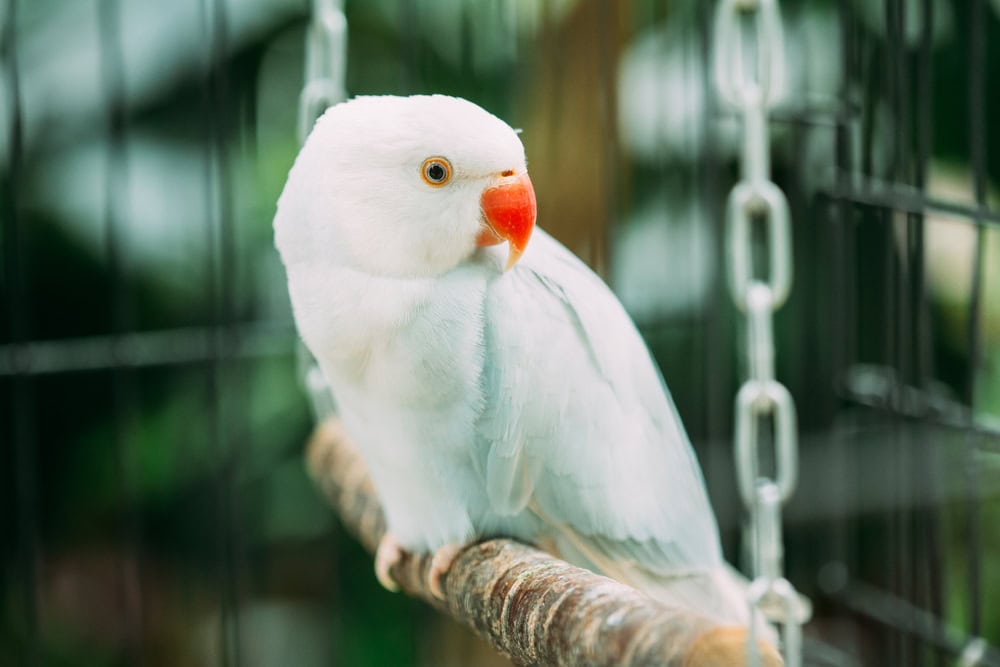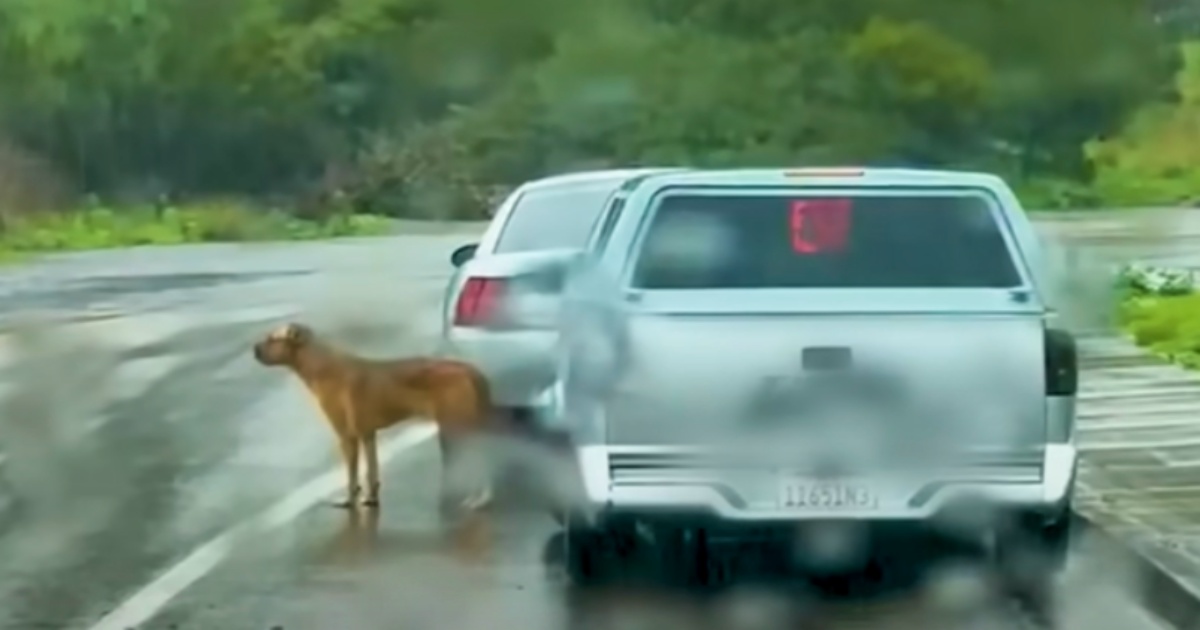
The information is current and up-to-date in accordance with the latest veterinarian research.
Learn more »
Noticing that your parakeet is shaking can be alarming, but it doesn’t always mean something sinister is happening behind the scenes. In some cases, a shivering bird means that a few simple environmental adjustments may be in order or they’re experiencing certain emotions.
That said, in other cases, a parakeet that’s shaking needs medical attention, so let’s explore why this may be happening so you can figure out if a vet visit is in order.
Could My Parakeet Be Sick?
It’s possible that a shivering and shaking parakeet could be sick. An example of a specific illness that can cause trembling is psittacosis, also called parrot fever. Psittacosis is a bacterial infection caused by a bacterium called Chlamydia psittaci, and it’s a severe condition, especially if the bird’s overall health isn’t good. Humans can contract it, too. That said, trembling is one of the rarer signs, along with seizures and head twisting.
This isn’t the only infection that could cause a bird to shake, however: shaking is a general sign of illness among many others. Birds are pretty stoic creatures and tend to hide when they’re not feeling so good, so you may need to look carefully.
Here’s a heads-up on the signs of illness to look for, though this list is not exhaustive:
Shaking/tremors
Lack of appetite
Unkempt, ruffled feathers
Eye and nose discharge
Depression
Sleeping more than usual
Changes in eating and drinking habits
Irritability
Being much quieter and tamer than usual
Breathing issues
Crusty or sore skin
Dull-looking feathers
Prolonged molting
Diarrhea
Head tilting
Seizures
Weakness
Why Else Do Parakeets Shake?
Parakeets, like humans, sometimes shake due to environmental and emotional factors. Here are some potential causes:
1. Cold
Just like us, birds shake when they get cold. The body reacts to the low temperature to try and warm itself up. The comfort range for most pet birds is between 65 and 80 degrees Fahrenheit.
Weight has an impact on a bird’s ability to tolerate colder temperatures. If they’re on the skinnier side, they’ll feel the chill more quickly than a plumper bird would. If your parakeet is shaking, consider whether the room might be a little too chilly for their liking and check for any drafts.
2. Heat
Image Credit: Sophia Cuellar, Shutterstock
If your parakeet is too hot, they may flap their wings to generate airflow and cool down. This isn’t the same as shaking when cold—it’s a voluntary action. On especially hot days, be sure to provide plenty of shady spots for your parakeet and make sure they always have access to clean water for bathing and drinking.
3. Anxiety & Stress
Anxiety in birds manifests in a number of ways, and tremoring is one of the signs. Other signs include being easily startled, excessive vocalization, screaming, feather plucking, biting, self-mutilation, pacing, head swinging, and toe-tapping. Some birds eat less due to a lack of appetite.
Causes of anxiety and stress in birds include isolation (parakeets are social animals and do best in pairs), overcrowding, boredom, being neglected by the person who is supposed to care for them, and changes in environment and routine, like introducing a new pet to the household, moving to a new home, or changing the enclosure’s location. Please get in touch with a vet if your parakeet is persistently anxious.
4. Self-grooming
Image Credit: Oqbas, Shutterstock
It’s normal for birds to shake their feathers after having to bathe to remove excess water, and the feathers fluff up at the same time. Self-bathing and preening are very important behaviors for birds as they help keep the feathers clean and free of parasites and build-ups of oil, dust, and dirt.
Final Thoughts
If your parakeet has started shaking, it could be that the temperature needs adjusting or they’re engaging in completely normal grooming behaviors.
However, illness and anxiety can also be causes of shaking, so it’s important to be observant and use your best judgment as to whether or not a vet check-up is required. If the shaking happens a lot and/or you spot other signs of illness, your parakeet should definitely see a vet.
Featured Image Credit: George Trumpeter, Shutterstock






